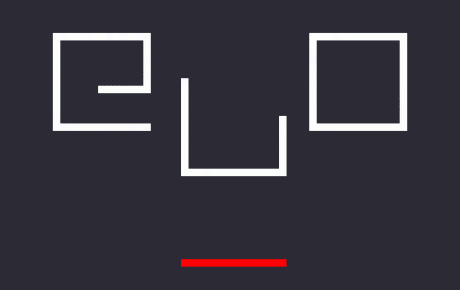I am very pleased to welcome you to the CELL website. As of May 5, our site is live and open to the world. CELL (the Consortium for Electronic Literature) was originally founded by the Electronic Literature Organization, and now includes 12 partners in 7 countries. CELL partners are research centers dedicated to electronic literature in various forms, languages, histories, and cultures. In the long term, CELL will set the standards and best practices for this field, defining research in electronic literature for the future.
The CELL database and website are developed and maintained by the Laboratoire NT2 at UQAM, and directed by Sandy Baldwin, at West Virginia University (Rochester Institute of Technology as of August 2015). Partial funding was provided by the National Endowment for the Humanities. The resources and tools on the CELL site are a result of years of collaboration and work by all the members.
What will you find on the CELL website?Our first and most notable success is the CELL database. It is here that the CELL members - 9 of the current 12 members of CELL - will be providing feeds from their own databases into the CELL search engine, creating an index of electronic literature from a global perspective. For the first time, users can get a view of the entire field and ask critical research questions. As the database evolves, it will become the go-to site for discoveries in electronic literature. We will research unrecognized aspects of the field, illuminate global issues, and map the “literariness” of electronic literature.The site include documentation of the project. Of particular interest are the CELL taxonomies, a common set of semantic categories for faceting searches. Along with the CELL metadata standard - the first common standard for creative works of electronic literature, and accepted by all the CELL partner projects - the taxonomies provide a vocabulary for the field. Keep in mind that these are a first iteration, a preliminary step towards a robust, critical description of electronic literature. We welcome public discussion and feedback on these, and all aspects of our project.Also on this website, you will find Joseph Tabbi’s “manifesto” describing the purpose, scope, and future of the CELL project. Joe writes as former ELO president and one of the original driving forces behind CELL, and provides valuable context for the wider philosophy behind this project.In addition, you will find information on all our partners, as well as information on how you can participate in CELL. Finally, regular announcements and news about CELL will appear on this blog.Once again, welcome to the future of electronic literature!Sandy Baldwin








